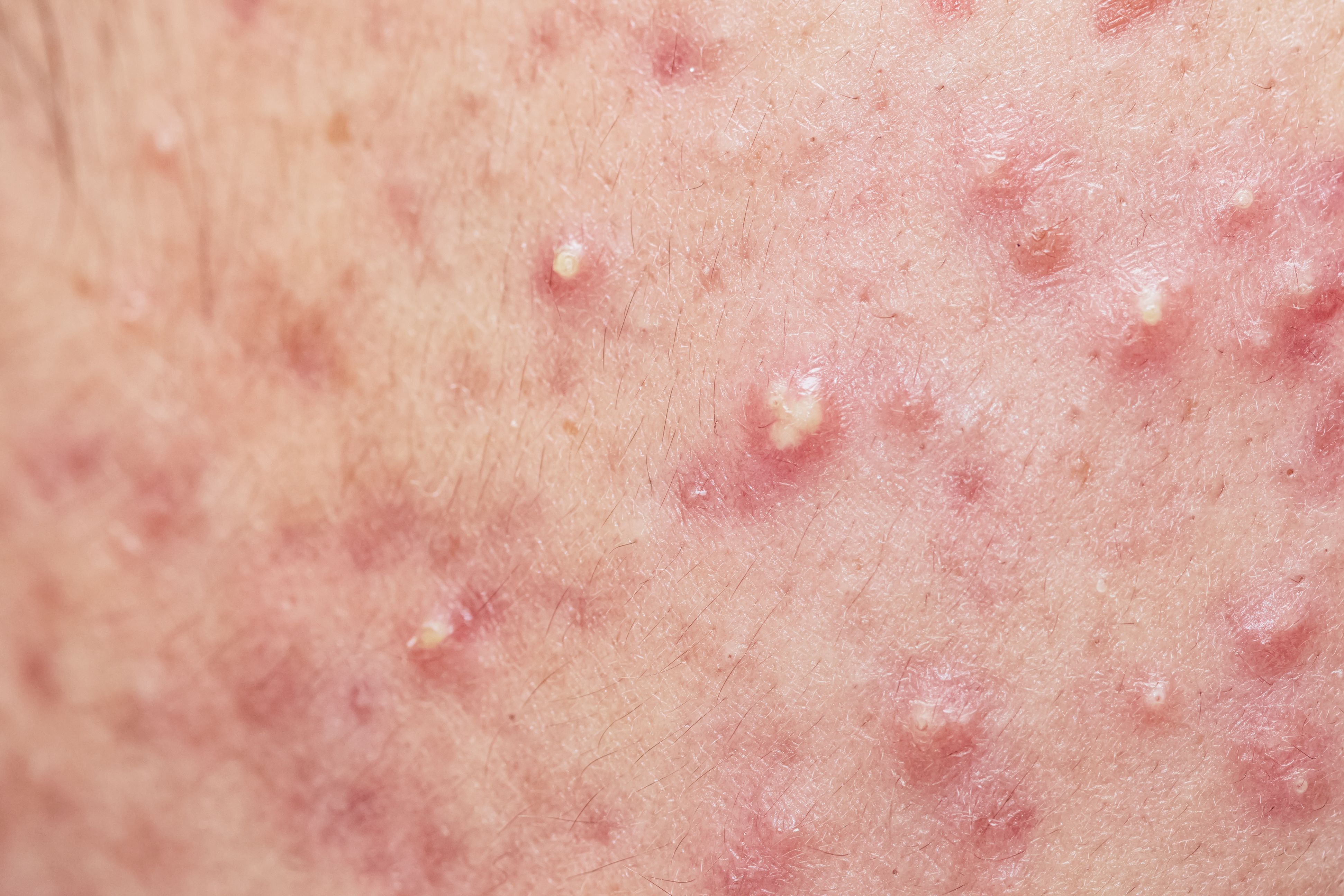- Case-Based Roundtable
- General Dermatology
- Eczema
- Chronic Hand Eczema
- Alopecia
- Aesthetics
- Vitiligo
- COVID-19
- Actinic Keratosis
- Precision Medicine and Biologics
- Rare Disease
- Wound Care
- Rosacea
- Psoriasis
- Psoriatic Arthritis
- Atopic Dermatitis
- Melasma
- NP and PA
- Skin Cancer
- Hidradenitis Suppurativa
- Drug Watch
- Pigmentary Disorders
- Acne
- Pediatric Dermatology
- Practice Management
- Prurigo Nodularis
- Buy-and-Bill
Article
The use of spironolactone for hormonal acne in women
Author(s):
Spironolactone can be prescribed off label to treat hormonal acne in adult women, according to Emmy Graber M.D., M.B.A., a dermatologist based in Boston, Mass. She is assistant professor in dermatology at the Boston University School of Medicine in Boston, Mass.
READ: Oral contraceptives effective for long-term acne treatment
"There is no FDA indication for spironolactone [to treat acne]," Dr. Graber says. "However, a lot of practicing dermatologists have found that it works quite well for certain types of acne. I think [spironolactone] is very misunderstood, and it's an incredibly effective medicine, particularly for adult women with hormonal acne."
Because of the absence of an FDA indication for acne, Dr. Graber says, physicians and physician extenders are hesitant to prescribe spironolactone, an aldosterone antagonist that is indicated to treat sodium retention associated with congestive heart failure, essential hypertension, and hypokalemia.
"It is an anti-androgen, so it can't be used in men, but it can be used in women of any age. Women who have adult acne that is primarily located in the lower half of the face and on the neck, and women who have flares [of acne] just before or after their menstrual period, find it particularly useful," Dr. Graber explains.
In those patients, androgens appear to have a strong impact on sebaceous gland activity, and the spironolactone blocks the effect of those androgens, Dr. Graber says.
READ: Going beyond clinical guidelines for acne treatment
Dr. Graber says that oral contraceptives "can mitigate some of the side effects of spironolactone," such as irregular menses or breast tenderness that can present while patients are taking spironolactone.
NEXT: Black box warning concerns
Black box warning concerns
There is a black box warning for spironolactone stating that it may increase certain tumors, which has been shown in animal studies, but Dr. Graber notes that the dosage of medication was significantly higher than what is prescribed for women to treat acne. Similarly, there had been some concern about the long-term use of spironolactone and the development of breast cancer, but that link has been refuted in studies.
READ: My patient with acne committed suicide
A benefit of the medication is that it has a short half-life, less than 20 hours, and is eliminated very quickly from the body, Dr. Graber says.
Another possible side effect associated with the use of spironolactone is the feminization of the male fetus, which is why Dr. Graber advises her patients to "stop taking the medication immediately" if they do become pregnant.
The feminization issue, however, "is not an absolute," according to Dr. Graber. "The level of evidence that it causes feminization of male genitalia is actually rated as 'undetermined' by Micromedex, an evidence-based medication resource." Moreover, she notes, the feminization of the male fetus would occur late in the first trimester of life, and by that point, the patient would have discontinued therapy.
There has also been some concern expressed about newer oral contraceptives containing drospirenone, which acts like spironolactone, elevating the risk of hyperkalemia when prescribed with spironolactone, Dr. Graber notes. "It's a theoretical concern," Dr. Graber says. "I don't have any hesitation in prescribing fourth-generation, progestin-containing oral contraceptives."
READ: Inflammation crucial to acne lesions, dermatologic syndromes
The newest evidence suggests that the monitoring of potassium is not necessary with the prescription of spironolactone, notes Dr. Graber.
Clinicians should verify that patients are not taking blood pressure medications that might interact with spironolactone. She also advises that clinicians refrain from prescribing spironolactone in patients who have ongoing kidney disease or ongoing heart disease.
Many clinicians are looking at alternative to oral antibiotics to treat acne, and spironalactone can represent one of those alternatives, says Dr. Graber, adding that the AAD is expected to release new guidelines for the treatment of acne in the near future.
Dr. Graber reports no relevant disclosures.
More on acne
Acne articles





